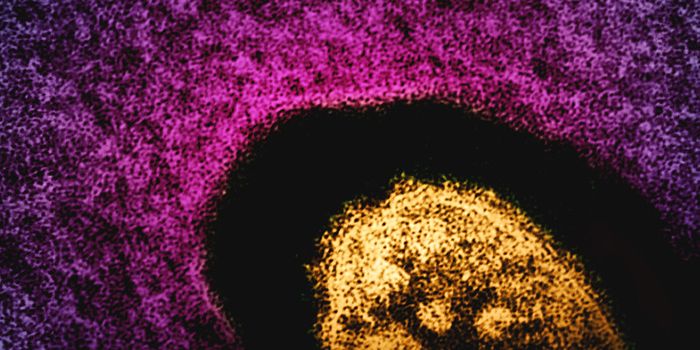Antimicrobial Peptides: The Solution to Antimicrobial Resistance?
According to the World Health Organization, antimicrobial resistance is among the top ten global health threats facing humanity. Antimicrobial resistance occurs when bacteria, viruses, fungi, and parasites no longer respond to medicines as a result of evolutionary changes.
Antibiotic-resistant bacteria, many of which are resistant to multiple antibiotics, are spreading rapidly across the globe. Progress is also very slow when it comes to developing new antibiotics. In 2019, the World Health Organization identified six innovative antibiotics in clinical development, a number that they believe is insufficient in addressing the spread of antibiotic-resistant bacteria.
Some researchers are focusing on novel approaches to addressing antimicrobial resistance. A group from the University of Huddersfield has initiated the “RADiation harvesting of bioactive peptides from egg prOteins and their integration in adVanced functional products,” or RADOV, project in an attempt to develop commercially available antimicrobial peptides (AMPs).
“Antimicrobial peptides (AMPs) are small proteins present in different life forms in nature, or that result from enzymatic digestion of proteins, which provides these lifeforms with a natural defense against microbial infections,” says Professor Robert Edgecock, the researcher leading the RADOV team.
AMPs have been shown to have immune-modulatory, antifungal, and anti-inflammatory mechanisms. They are sometimes referred to as host defense peptides (HDPs). Since AMPs often kill or inhibit bacteria through non-specific mechanisms, resistance to these antimicrobial compounds appears to be rare. They have also been shown to successfully combat antibiotic-resistant bacteria, including Acinetobacter baumannii and the methicillin-resistant Staphylococcus aureus.
“Despite their promise,” adds Edgecock, “very few of the AMPs have been commercialized so far, mainly due to technical difficulties in their manufacture.”
To address this problem, the RADOV team will use a streamlined methodology to identify and synthesize AMPs. This will allow them to identify AMPs that are especially promising for commercialization.
Sources: World Health Organization, University of Huddersfield, Biochemical Pharmacology








